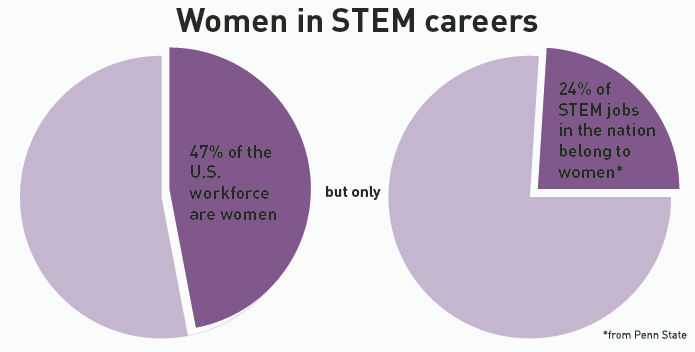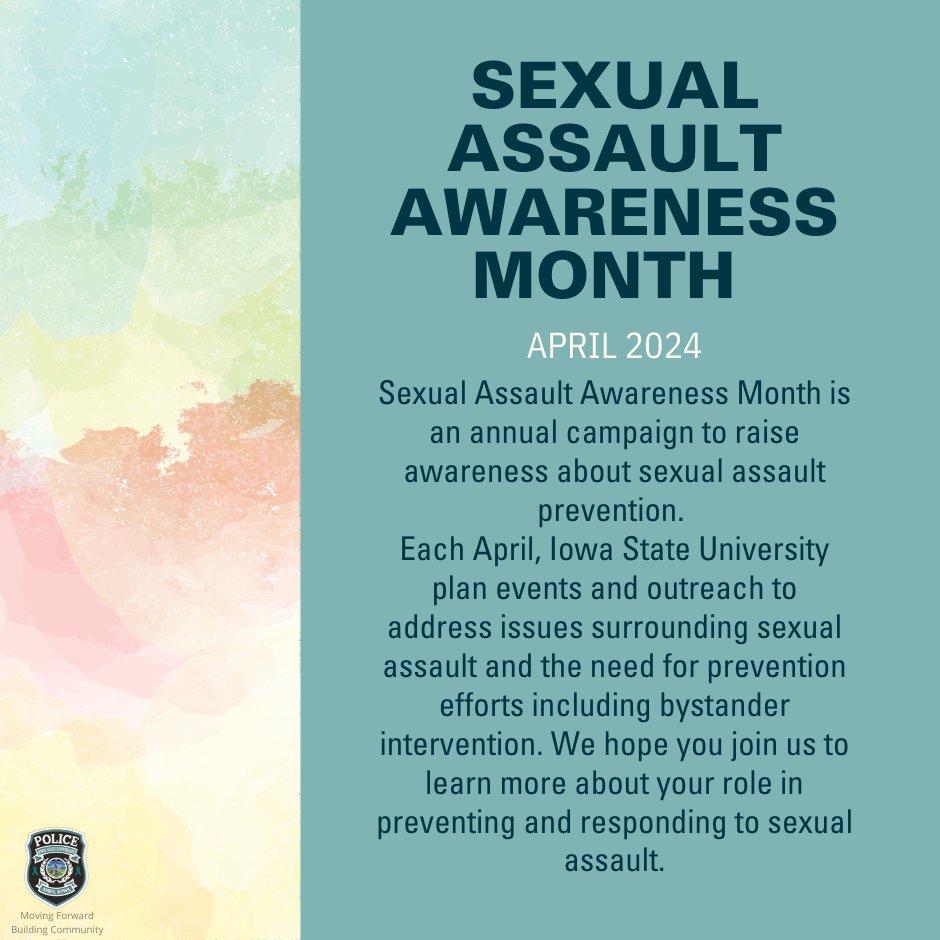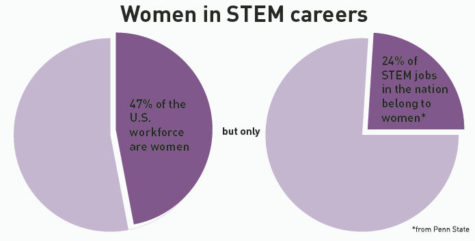How tokenism is used in non-marginalized spaces
Students and staff can be impacted by tokenism without even knowing when they are used as an example to represent a marginalized community.
October 13, 2020
The concept of tokenism happens when people from marginalized communities can be used as consolation “prizes” or tokens in predominantly non-marginalized spaces.
Tokenism is defined by Merriam-Webster as “the policy or practice of making only a symbolic effort (as to desegregate)”; or “the practice of doing something (such as hiring a person who belongs to a minority group) only to prevent criticism and give the appearance that people are being treated fairly.”
In an article by Vivian Giang called “Feminism 101: What is Tokenism,” Giang defines tokenism as the act of adding someone just to come across as diverse. In the article, Giang talks about how tokenism frequently appears in two tropes: the “Smurfette principle,” or the “Black best friend.”
The Smurfette principle is the tendency for fictional works to only have one female character in a group of male characters. The “Black best friend,” which can also be referred to as the “token Black friend,” is the tendency for TV shows and movies to cast a Black character as the best friend to the white main character. Giang also explained that these tropes have no real significance.
“Portraying a single member of a marginalized community is just an empty performance of inclusion without respect for these characters’ backgrounds or experience as oppressed peoples,” Giang said.
Giang pointed out out that there are Muslim-American actors who mainly only play terrorist roles during their careers, even if it is something they do not want to do.
Giang explained when marginalized communities are tokenized, they are “denied the full range of humanity” and are instead “used as symbols of progress while being actively dehumanized.”
Rita Mookerjee, assistant teaching professor of sociology, said although tokenism can come from a good or a bad place, it is still a negative phenomenon.
Mookerjee said when people tokenize individuals from marginalized groups, they perpetuate stereotypes while also oppressing the people they are affirming to support.
Both tokenism and representation can be long lasting and can both change “for better or worse,” Mookerjee said.
The difference between tokenism and representation is that the first one is when a marginalized individual is “invited then isolated in a space” and the latter being when marginalized individuals are “invited into a space, supported and listened to.”
Mookerjee said people often tokenize individuals of marginalized communities by mistake. There are times when institutions and companies hire people of color because they want a diverse point of view.
Students are subjected to tokenism frequently, Mookerjee said. This can take the form of an instructor or peer asking an individual of a marginalized group to speak to their experience, and although the intention is not bad, it makes a lot of assumptions and places that burden of labor on someone who didn’t ask to do it.
Mookerjee also said tokenization can happen within sporting teams, Greek life and or clubs. When people make jokes about tokenization, it makes it seem as if there is no true problem when there actually is.
“Tokenism cannot result in long-term, large-scale change,” Mookerjee said. “It might temporarily create an illusion of inclusion, but it will ultimately be oppressive. When tokenism happens, no one really wins.”
Emma Young, senior in sociology, said the media has a big influence on the tokenization of women and because of that, big companies use the same tactics as the media when it comes to hiring so they can produce a “diverse” group of employees.
Young said she has seen women tokenized the most on television, where there is only a single woman in a group full of “typically white, cis men.”
“Tokenism promotes the idea that an issue is being ‘taken care of’ or confronted, when really, all it does is skirt around the issue,” Young said.
Young said there are millions of women who are capable and more than qualified for different positions and roles.
“Paying attention to qualifications over their gender, skin color or sexuality is an important step,” Young said.

















